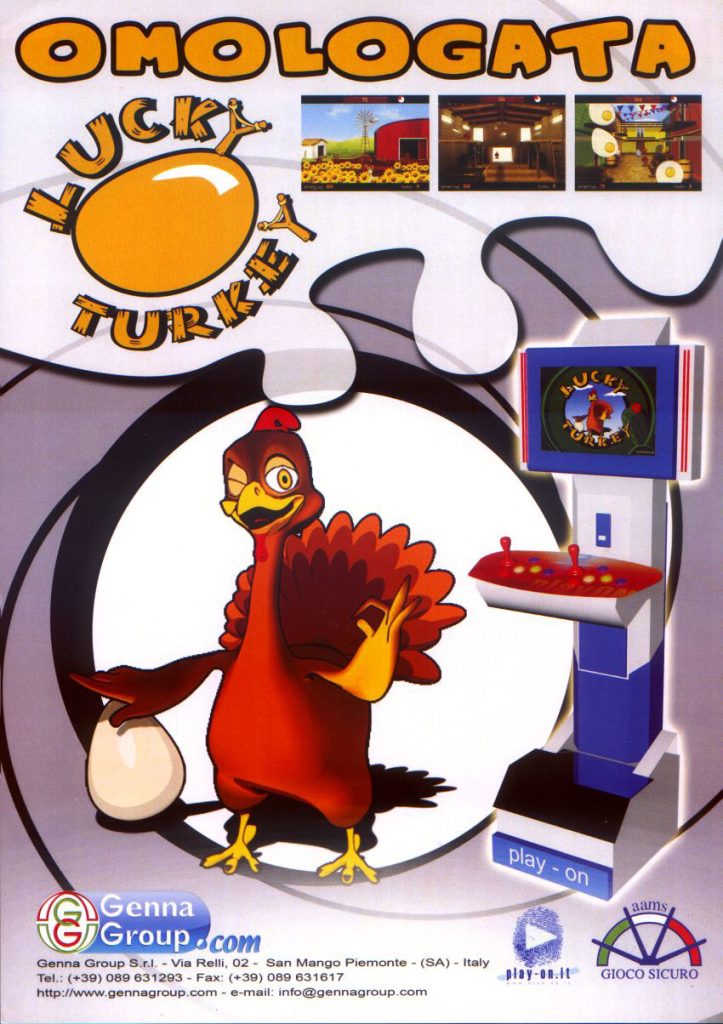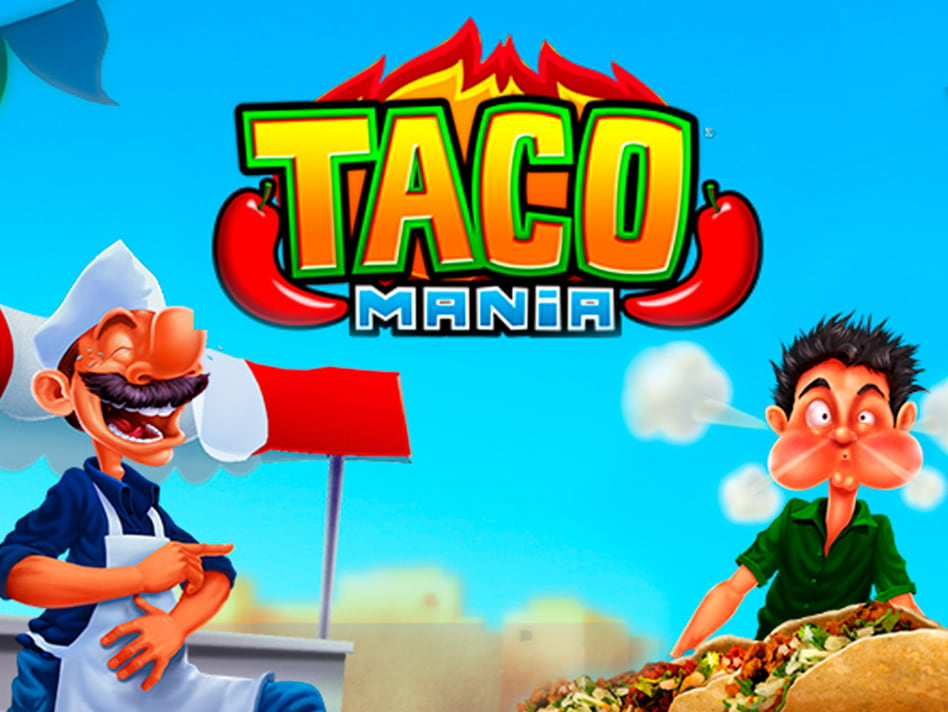Over the last 10 years, I have assisted in the rise of many services and information providers that offer concrete predictions based on data. I had to quit a big company too, because of that. They were also testing game concepts based on the people’s responses to some text. So everything we proposed was texted out using a text redacted by someone with a high salary and very few things to do.
I went to a local indie fair where a friend pitched a game to publishers. One of them said, “Don’t you know that games with vegetables do not work?”. Then we ask why the publisher’s business model doesn’t work. It’s because of things like that!
Games are made by people who believe in a concrete vision and work hard to deliver. Many games will fail, because maybe people are not interested, because of the quality or many other factors. But you cannot use data to predict the success/failure of something without having tested it out.
Data-driven (or better, data-informed) development works when you work with concrete data from your things and compare them with your past. It doesn’t work when you read data from others and try to replicate it blindly. Sometimes it works out, but it’s because of other factors. It’s always because there is a passionate team behind that did something great. And lots of luck, the state of the market, and factors you can never control.
You can avoid risks by going iterative, of course. You can test prototypes and demos and see the actual reaction of people to that. That is good. But you cannot assume “this kind of game with these features is working in the market, so if we made something like this we would probably have success”.


